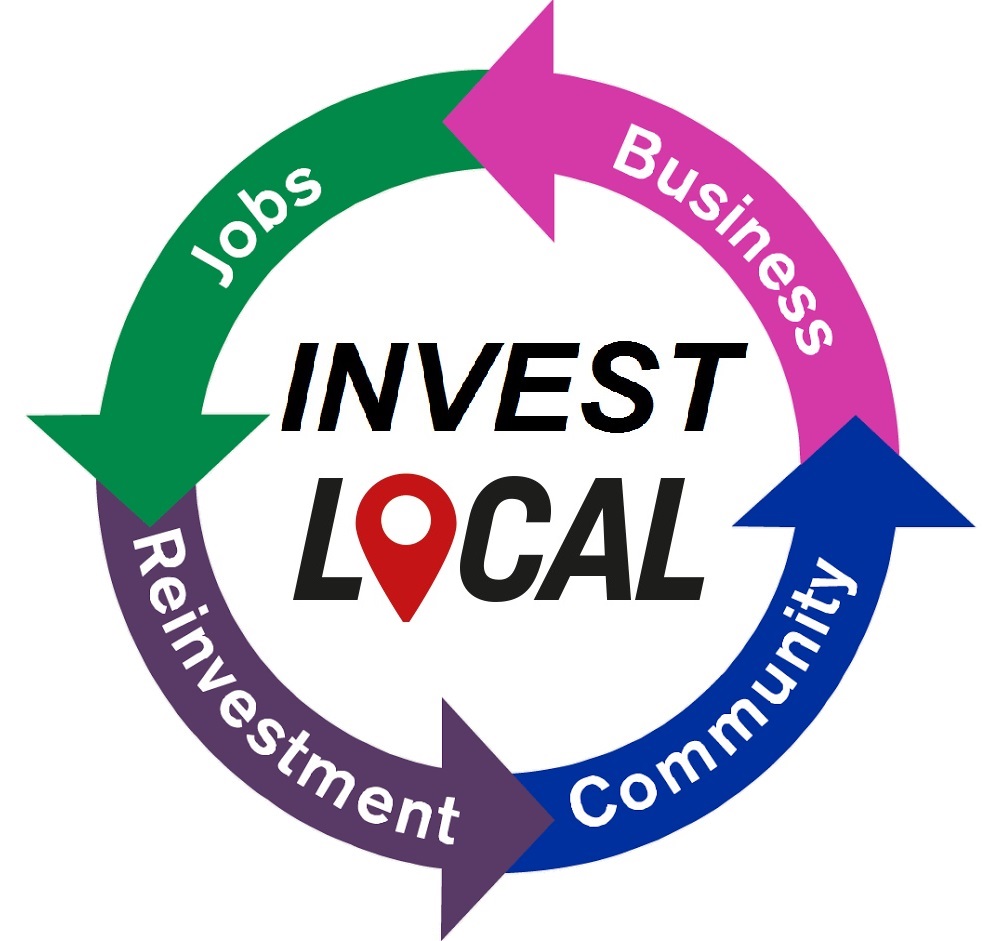 There has been a lot of contention lately over the issuance of retail cannabis licenses in Illinois. Many of the headlines center around disputes regarding the license lottery process itself. However, reading between the lines, it would appear that at least one major underlying concern fueling those disputes is whether the money from the dispensary is going back into the local community or to some outside party. What if members of the local community could easily invest in a local dispensary and benefit from their success regardless of who the owner was? Local community investment is exactly what Illinois Crowdfunding was designed to accomplish and why it might just be the perfect tool to bridge the gap.
There has been a lot of contention lately over the issuance of retail cannabis licenses in Illinois. Many of the headlines center around disputes regarding the license lottery process itself. However, reading between the lines, it would appear that at least one major underlying concern fueling those disputes is whether the money from the dispensary is going back into the local community or to some outside party. What if members of the local community could easily invest in a local dispensary and benefit from their success regardless of who the owner was? Local community investment is exactly what Illinois Crowdfunding was designed to accomplish and why it might just be the perfect tool to bridge the gap.
What is Illinois Crowdfunding?
For those who don’t know, I authored the Illinois Intrastate Crowdfunding bill (HB 3429).[1] In short, that bill created a streamlined process to allow any Illinois company to raise up to $4 Million of capital (per year) from Illinois residents by either offering debt (i.e. asking people to lend money to the company) or equity (i.e. asking people to invest in the company). Unlike other forms of fundraising, under this process, any Illinois resident can invest (i.e. whether they qualify as an “accredited investor” or not). The primary purpose of the bill was to create an easy mechanism for Illinois companies to seek funds from local investors and for Illinois residents to invest in local companies, thus supporting Illinois businesses while keeping investor dollars local.
Illinois resident can invest (i.e. whether they qualify as an “accredited investor” or not). The primary purpose of the bill was to create an easy mechanism for Illinois companies to seek funds from local investors and for Illinois residents to invest in local companies, thus supporting Illinois businesses while keeping investor dollars local.
How exactly can Illinois Crowdfunding help the current cannabis license issues?
The first and most obvious way Illinois Crowdfunding can help is as a mechanism for a potential applicant to raise the necessary funds to get through the licensing process. Obtaining a retail cannabis license is not cheap and requires a significant amount of upfront capital. While the Cannabis Regulation and Tax Act (the “Act”) provides for some fee relief for qualifying applicants, not everyone can qualify for such relief. In any case, an entrepreneur looking to obtain a retail cannabis license could use Illinois Crowdfunding to help raise the necessary capital.
The second and broader way Illinois Crowdfunding can help is as a mechanism to facilitate local investment. Money staying in local communities is a huge issue and much of the current unrest regarding the license process comes from the fact that local companies aren’t getting the chance to get licenses. However, this would most likely be less of a concern if local community residents were given an opportunity to invest in a local retail dispensary regardless of whether the licensee holder was a local company  or not.[2] Illinois Crowdfunding could even be used to allow local municipalities to invest directly in these dispensaries and potentially generate significant returns that could be reinvested into the municipality for the benefit of all its residents. Even if one of the massive cannabis companies got the license for a particular community, as long as that company offered local residents/ municipalities the ability to invest in that particular dispensary, such community investment would make sure that at least a portion of the profits stayed local.
or not.[2] Illinois Crowdfunding could even be used to allow local municipalities to invest directly in these dispensaries and potentially generate significant returns that could be reinvested into the municipality for the benefit of all its residents. Even if one of the massive cannabis companies got the license for a particular community, as long as that company offered local residents/ municipalities the ability to invest in that particular dispensary, such community investment would make sure that at least a portion of the profits stayed local.
Conclusion
Illinois Crowdfunding was specifically created to foster local investment in local businesses and to help keep money local. That’s what makes it a perfect mechanism for helping to bridge the current equity gaps when it comes to cannabis licensing. Both big and small retail cannabis companies should consider utilizing Illinois Crowdfunding to allow for local investment; if for no other reason than to give back to the local community. In fact, in my opinion, Governor Pritzker should consider adding “points” under the Act for applicants who have offered local resident the ability to invest in the entity.
[1] For a more detailed discussion about what Illinois Crowdfunding is and the mechanics of how it works, please see “PRESENTATION – How To Use The Illinois Crowdfunding Exemption To Raise Capital.”
[2] On a somewhat related note, in instances where there is significant local opposition to allowing the sale of retail cannabis, allowing local residents the opportunity to invest in the subject entity may help to ease such opposition.
